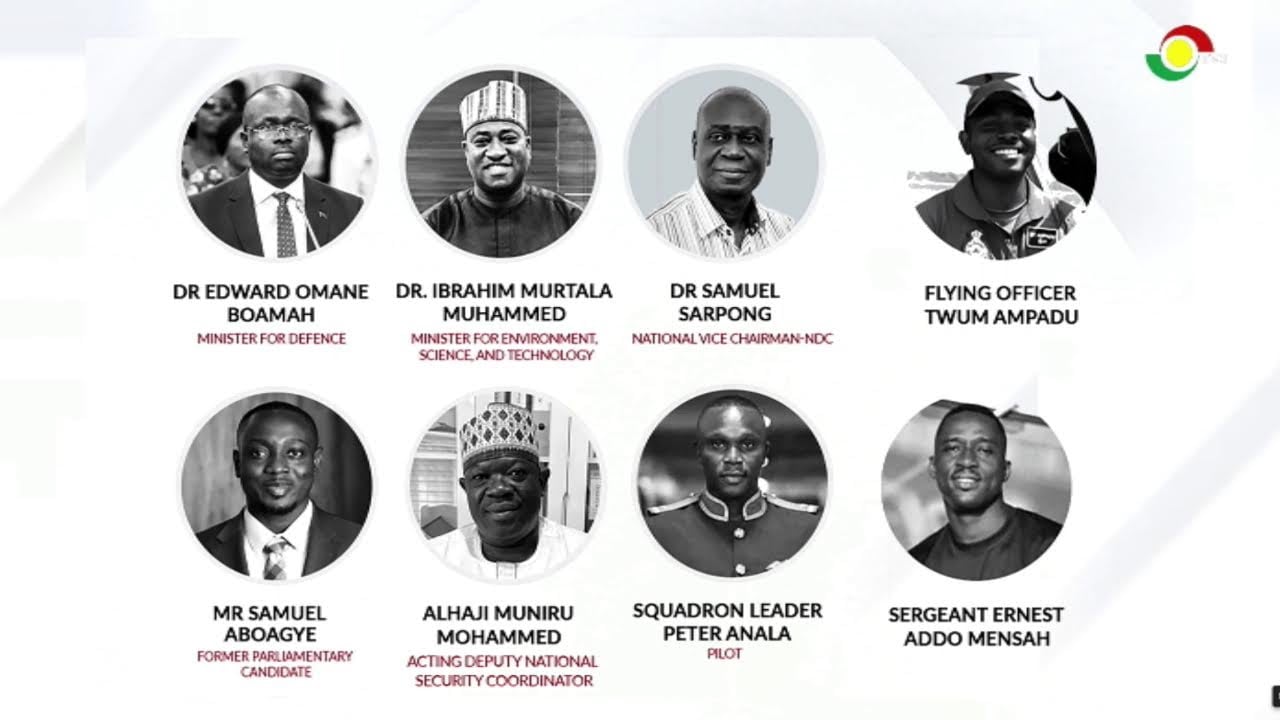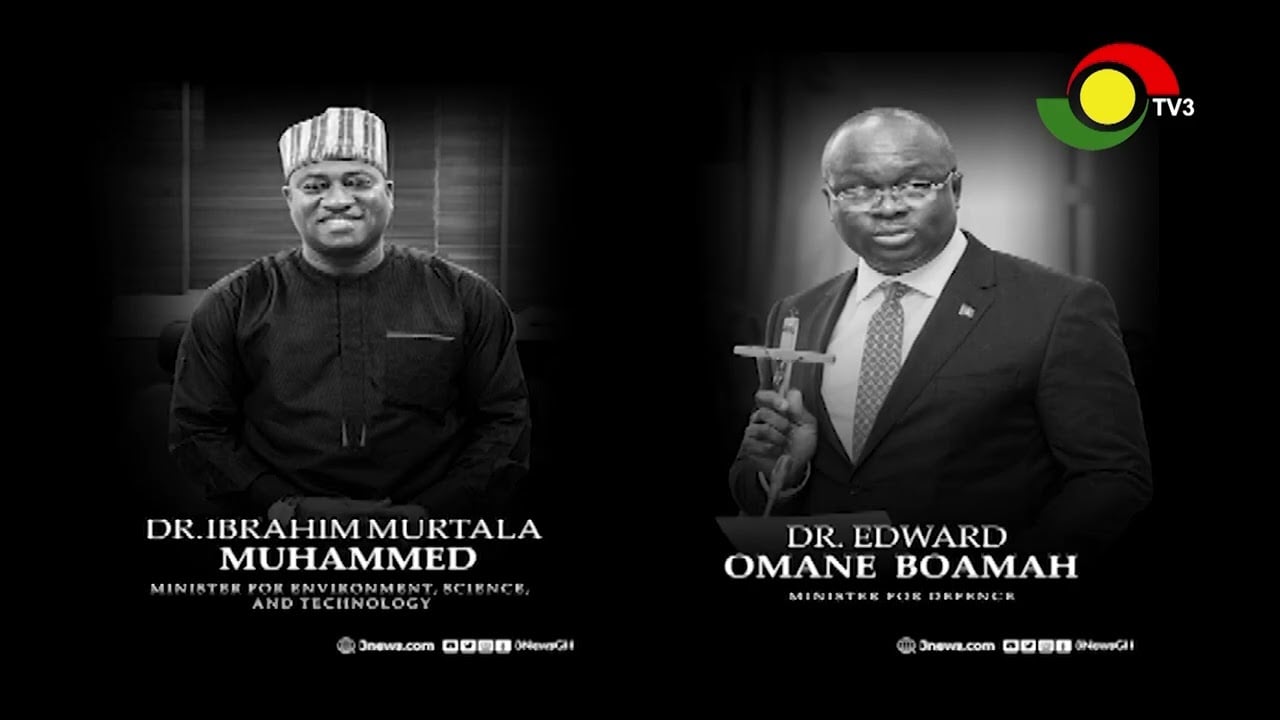
You have just three minutes—sometimes less—to win your audience over. That’s the essence of what I call the 3-Minute Rule. In public speaking, attention is currency; and it’s in incredibly short supply.
Whether you are giving a presentation at a local community hall, addressing a boardroom or hosting a black-tie gala, the audience is constantly making silent judgements: “Is this worth my time? Is this going to matter to me?”
In those first few minutes, they are not yet sold. They are weighing your tone, your energy and, most of all, how you make them feel.
Start with connection, not convention
I always tell the people I mentor: do away with formalities early on. Skip the long introductions, the standard “Good evening ladies and gentlemen,” or reading out an entire CV before getting to the point. These traditional openers are safe, but they don’t create a connection.
Instead, start with something sharp, human and real—something that instantly cuts through the noise. That could be: A short, vivid story; An honest confession; A surprising or thought-provoking question; A moment of humour or vulnerability. These approaches signal to your audience: “This is different. This is worth listening to.”
Example 1 – The awards ceremony
At a formal awards ceremony, the organisers originally asked for a traditional opening: music, national anthem, reading out a list of dignitaries. I gently pushed back. Instead, I opened with a 60-second anecdote: how I once mispronounced the name of a prominent Minister at a major event—and how I had to think on my feet to recover. The story got a laugh, humanised the setting, and broke the formality of the room.
Then, with everyone’s attention and goodwill, I welcomed the dignitaries. The difference? Now, the audience was actually listening.
That’s the 3-Minute Rule at work.
Example 2 – The nervous intern
One of my mentees, an intern, had to present her project to senior executives. She was understandably nervous. Instead of starting with technical terms or slides, I coached her to begin with a moment: “Before I walk you through the data, I would like to share what this project meant to me personally. I spent two months testing the idea with my younger brother, who has autism, because I wanted to understand how it could help someone like him.”
The room changed. Silence fell. Everyone leaned in. From there, the technical content had context, heart and impact. She not only kept their attention—she earned their respect.
Example 3 – The CEO’s town hall
An anxious executive once opened a company-wide town hall with this: “Before I start, I want to say something that might not sound very ‘executive’—I didn’t sleep much last night. I have been thinking about the challenges we are all facing.
And I know some of you might be wondering if we are really listening. So let me start by saying: I hear you.” Those lines changed everything. People stopped checking their phones. They felt seen. The rest of the meeting carried more weight—not because of the information, but because of how it started.
Final thoughts
In over 500 hosted events and mentoring more than 130 individuals, I have learnt this: how you begin determines how you are received. The first three minutes are not about your credentials, the agenda or housekeeping notes.
They are about earning trust, interest and emotional buy-in. So next time you take the mic, resist the urge to play it safe. Don’t start with: “Good evening, it’s an honour to be here…” Instead, start with something that moves people—a moment, a truth, or a question that grabs their attention. Because if you have not won them in three minutes, you may not win them at all.
>>>David Dei-Awuku (Mr Dei) is a renowned Master of Ceremonies and public speaking coach who has hosted over 500 events and mentored more than 130 individuals across the world. Connect: www.mrdei.com | [email protected]
The post Mic Check with Mr. Dei: The 3-minute rule – Winning the audience early appeared first on The Business & Financial Times.
Read Full Story











Facebook
Twitter
Pinterest
Instagram
Google+
YouTube
LinkedIn
RSS